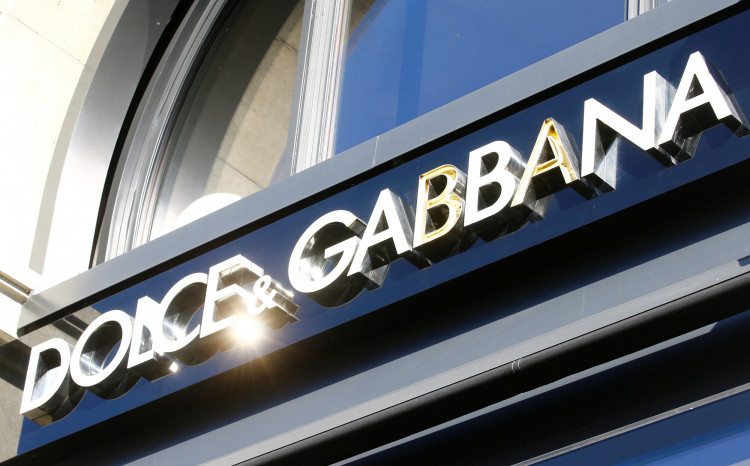A Russian prosecutor has called on the removal of an Instagram advertisement published by Dolce & Gabbana depicting two women kissing. The prosecutor's office said it was demanding that the ad be banned.
The call came after a lawmaker filed a formal complaint on the publication of the advertisement. Ruling United Russia party member, Mikhail Romanov, submitted the complaint, claiming that the advertisement was a violation of a 2013 law that barred the spread of "propaganda on nontraditional sexual relations."
Romanov complained about two videos published by the Italian fashion companies in February. The videos were part of an online marketing promotion for the company's "Love is Love" campaign in the run-up to Valentine's Day.
Same-sex relationships are not illegal in Russia. However, there is a law that bans the spreading of "propaganda" that promotes same-sex relationships to younger generations. Human rights groups have criticized the law, claiming that it promotes discrimination toward the LGBTQ community.
While same-sex relationships were decriminalized in Russia in 1993, homosexuality is still largely disapproved by most people in the country. There are currently no laws that protect the LGBTQ community in the country from discrimination.
The press service for the St Petersburg courts confirmed that it had received a complaint about the two Dolce & Gabbana Instagram videos. The press office said the complainant had requested for the courts to ban the videos in Russia.
On Tuesday, the press service said the prosecutor's ban request had extended to an image published by Dolce & Gabbana on its Instagram account. The image depicted two young men kissing each other.
The press service said the claim has not yet been processed as it still lacked some administrative requirements - including evidence to support the validity of the request. The office said it should be able to provide updates on the case early next month.
This isn't the first time Dolce & Gabbana had faced legal issues over its marketing stunts. In 2018, the company was forced to cancel a major show in China after it received public backlash over an advertising campaign that was deemed to be racist.




